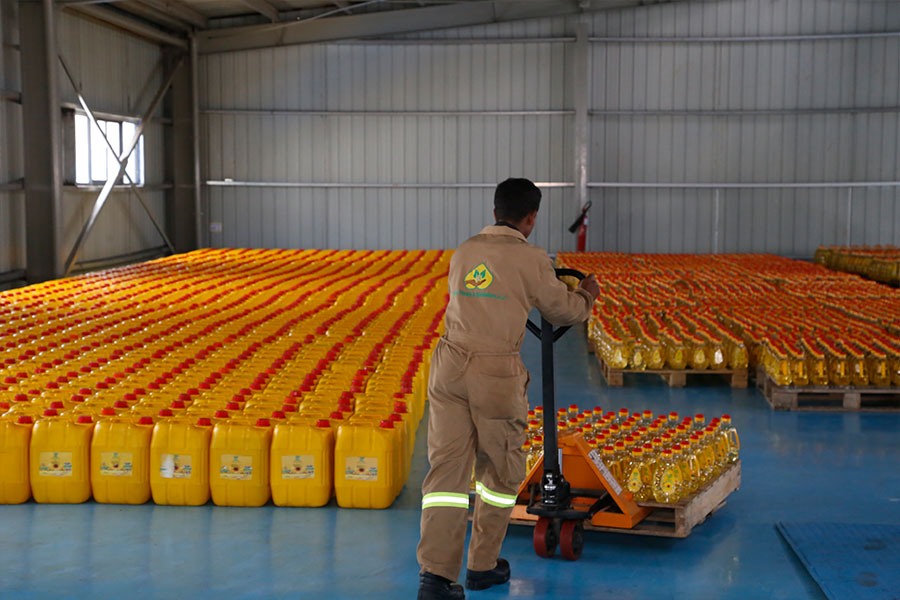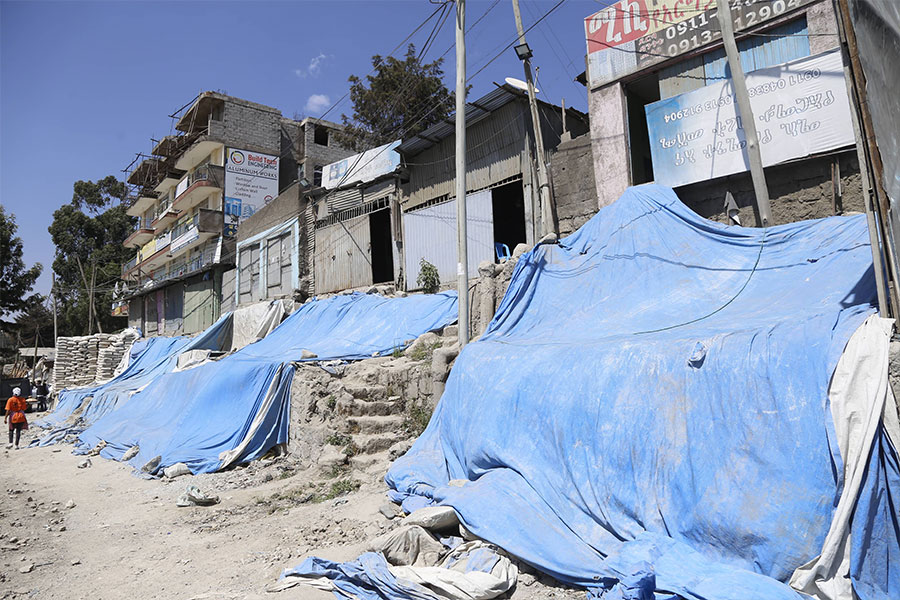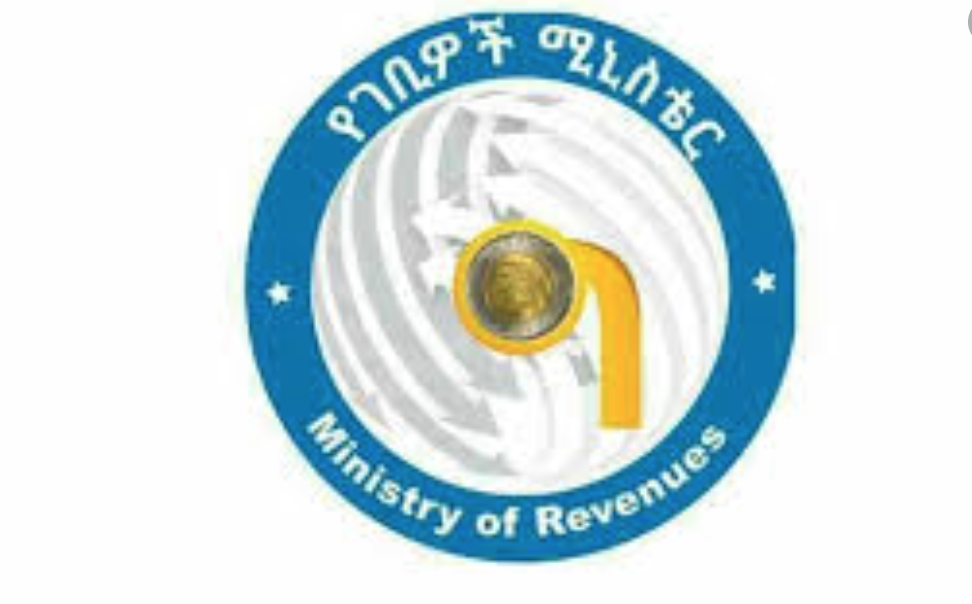
Fortune News | Jul 08,2023
Dec 2 , 2023
By AKSAH ITALO ( FORTUNE STAFF WRITER )
Officials at the Ministry of Agriculture move to set a minimum price threshold for horticulture exports, at the backdrop of a study that hopes to regulate international trade. The decision came after observing that export earnings constituted less than 0.3pc of the total, which accounted for 11 million dollars last year.
Over 14 high-valued commodities, including avocado and strawberry from fruits, green beans and sugar snaps from vegetables, and 12 types of herbs making their way to the Middle East, Europe, and the US are included in the study.
Export performance was low despite blooming prospects for the sub-sector development. Officials believe the study will help them control foreign currency flow in a market currently plagued with under-invoicing, subjected to lower earnings.
According to Dereje Abebe, director of horticulture investment at the Ministry, the mismatch between export volume and revenues was the primary reason for conducting the study to set the minimum price threshold.
"The earnings didn't represent the volume," he said.
Experts drawn from the central bank, Customs Commission and Ministry of Revenues are part of the study, examining the previous export trends and production costs. Basing their study on previous experiences of Djibouti dealings, they plan to consult buyers and exporters, in line with international trade policy.
The trade policy reversal came after the authorities at Djibouti raised complaints. Djibouti is a major export destination for Ethiopia’s fruits and vegetables, accounting for over 75pc of the shipments from 15 vegetables and 16 fruits.
Two years ago, authorities at the Ministry of Agriculture were forced to backpedal on their decision to raise the highest price of horticulture products nearly five-fold from 0.22 dollars. The prices saw up to 40pc increase last year, following a prolonged discussion with the Djibouti government for months.
There are over 45 registered exporters of fruits and vegetables. A quarter are slated for the international markets while diversification is considered an urgent issue along with vulnerability to external shocks.
Regulators believe the thresholds are important to govern trade and the foreign exchange market.
Mehari Mengstu, head of foreign currency supervision at the National Bank of Ethiopia, stated the different prices paved the way for under-invoicing, making it challenging for regulation.
The recent decision is a broader plan to diversify the exports from the regional states to the international markets and amplify foreign currency earnings.
Mekonnen Solomon, a senior horticulture expert at the Ministry, indicated the possibility of money laundering with an unregulated price threshold. He said fluctuations in the price of exports could have created a serious problem in the balance of payments, national income and investment.
The export revenues have been highly concentrated on commodities such as coffee, flowers, oilseeds and pulses. Exporters usually declare prices for a kilogram of horticulture commodities ranging from 1.68 dollars to 3.2 dollars.
Through its president, Tewodros Zewide, the 126-member strong Ethiopia Horticulture Producers & Exporters Association urges the feasibility of the price and the effect it might unveil on buyers and exporters.
Established in 2002, the Association has over 40 vegetable and fruit exporters under its fleet. Tewodros states that proper discussion should be held between stakeholders before the final decision is made.
Standards and technical requirements are becoming a crucial component in the growth of agricultural commodity exports. Fruits are considered high-value strategic agricultural export commodities in Ethiopia.
Incorporated in 2004, Joytech Plc is an Israel-owned flower factory. Sprawled on 96hct plots in Bishoftu and Legedadi towns, Oromia Regional State, the Company primarily grows herbs, strawberries and summer flowers.
Last year, the company exported an average of 30tns of produce a week, mainly to Europe markets, earning close to 192 euros.
According to Bisrat Haileselasie, general manager, a kilo of herbs, fruits, and vegetables shipped abroad brought up to eight euros during high season. It usually waivers in the summer seasons when the demand is lowest from the countries.
"It goes down to six euros at times," he said.
He has reservations on the price threshold indicating that if the set prices go beyond what the market bears, buyers might shift to other countries.
Experts indicate that price thresholds are only momentary solutions for expanding trade markets.
Shimels Araya (PhD), an agricultural economist, observes setting the threshold will serve little in addressing the foreign currency issue unless impending problems in horticulture exports are addressed. He believes that exporters are challenged in the international markets while bearing high investment requirements, and production and transportation costs.
"Effective intervention should include tax incentives and technology aids," he said.
PUBLISHED ON
Dec 02,2023 [ VOL
24 , NO
1231]

Fortune News | Jul 08,2023

Radar | Jan 04,2020

Fortune News | Aug 21,2021

Radar | Oct 09,2021

Radar | May 28,2022

Radar | Jan 19,2019

Fortune News | May 13,2023

Fortune News | Oct 20,2024

My Opinion | Nov 21,2018

Fortune News | Jan 09,2021

Dec 22 , 2024 . By TIZITA SHEWAFERAW
Charged with transforming colossal state-owned enterprises into modern and competitiv...

Aug 18 , 2024 . By AKSAH ITALO
Although predictable Yonas Zerihun's job in the ride-hailing service is not immune to...

Jul 28 , 2024 . By TIZITA SHEWAFERAW
Unhabitual, perhaps too many, Samuel Gebreyohannes, 38, used to occasionally enjoy a couple of beers at breakfast. However, he recently swit...

Jul 13 , 2024 . By AKSAH ITALO
Investors who rely on tractors, trucks, and field vehicles for commuting, transporting commodities, and f...

Oct 18 , 2025
The political establishment, notably the ruling party and its top brass, has become p...

Oct 11 , 2025
Ladislas Farago, a roving Associated Press (AP) correspondent, arrived in Ethiopia in...

Oct 4 , 2025
Eyob Tekalegn (PhD) had been in the Governor's chair for only weeks when, on Septembe...

Sep 27 , 2025
Four years into an experiment with “shock therapy” in education, the national moo...